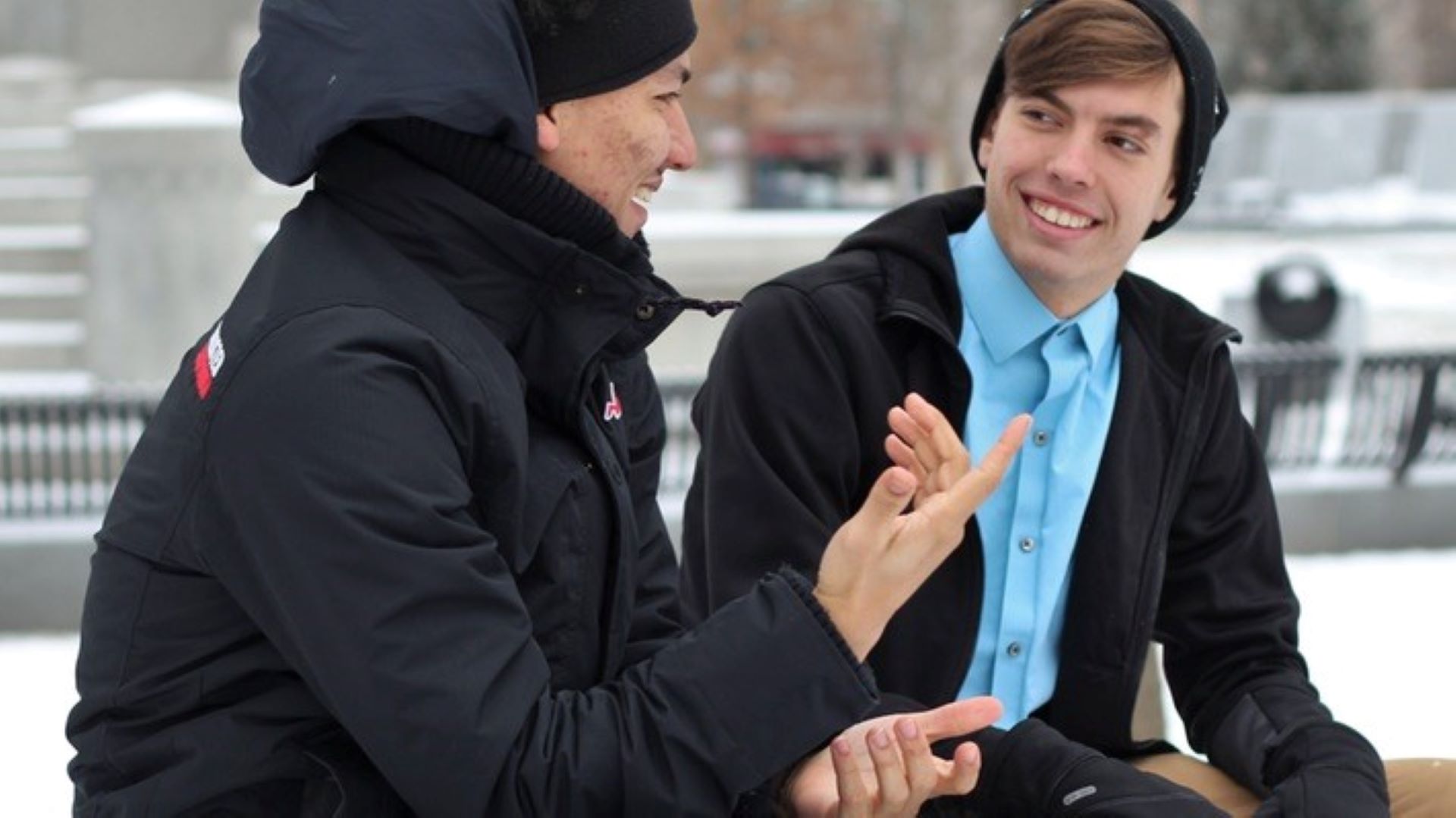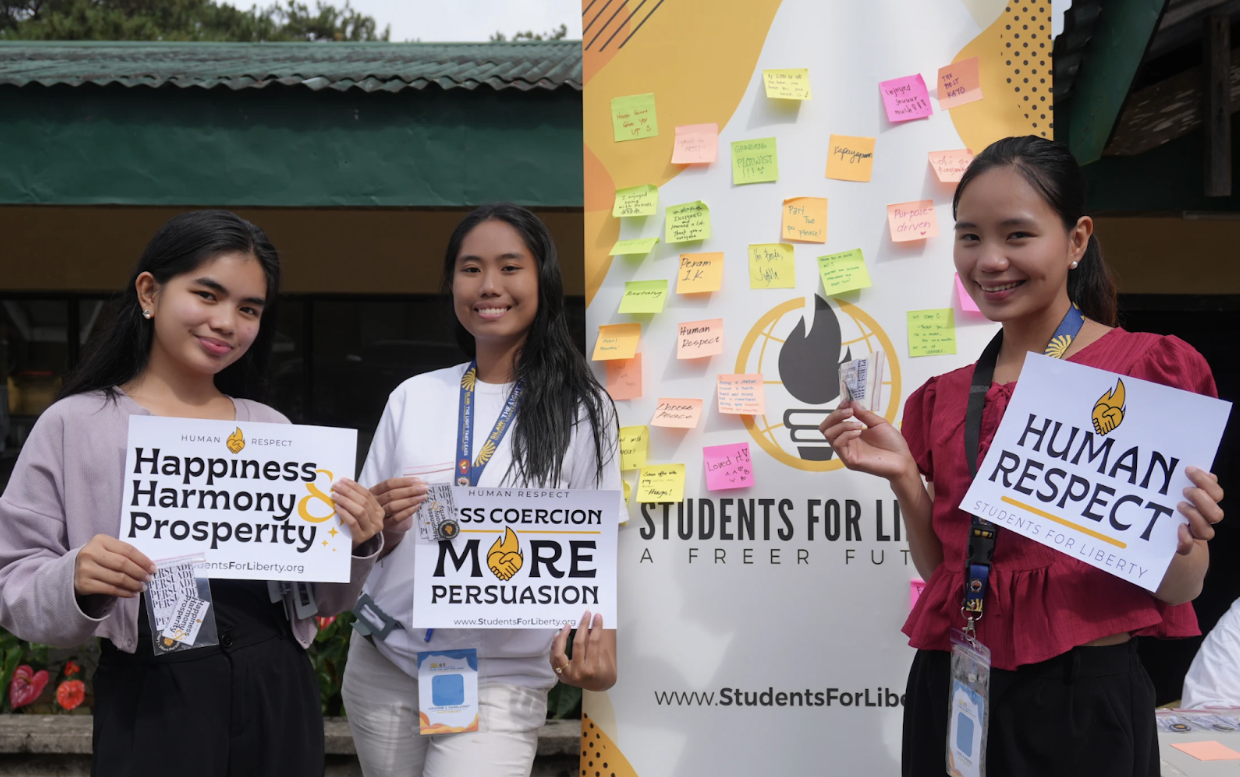The political news cycle is so fast nowadays that sometimes it’s worth remembering our current problems started long ago. In particular, the mess on college campuses around free speech has been raging for years.
Back in 2016, when the nature of our modern politics started to turn particularly sour, a Gallup survey, sponsored by the John S. and James Knight Foundation and the Newseum Institute, compiled 3,072 phone interviews with college students and 2,031 interviews with adults to study how Americans feel about free speech.
The findings? Apparently, 73 percent of college students thought that their ability to freely express themselves was secure. Only 56 percent of the adults surveyed, meanwhile, felt confident that their right to free expression was unthreatened.
Should these findings on college students and free speech be surprising?
The poll results might come as a surprise to some, given the incessant attacks on free speech across university campuses that have made national headlines over the years. Adding to the potential confusion, the Gallup poll noted that 54 percent of students surveyed admitted that their colleges took a role in preventing offensive speech.
If that’s the case, why do so many students feel so secure about their right to free expression? The answer might have something to do with what types of speech students feel should be left unregulated.
College students and boundaries on free speech
The Atlantic notes,
“Some American students may have novel conceptualizations of the appropriate boundaries of free speech.”
It’s simply that the youth of today simply interpret free speech differently on the tails of fashionable ideas such as identity politics. Respondents to the Gallup survey, for instance, seemed to believe that limiting offensive speech was acceptable on college campuses. And yet, they generally opposed limiting political speech.
Classic conceptions of free speech equate these two things. Apparently, some types of speech deserve more protection than others, according to modern social theory.
Additionally, about 70 percent of college students generally opposed restricting media efforts to cover protests on college campuses — but these same individuals were unsure how to respond when asked about specific situations.
Explaining the apparent disconnect
Perhaps the Knight Foundation’s vice president of learning and impact, Sam Gill, sums up the survey results best:
“In principle, college students really do favor environments where one can be exposed to all sorts of views.”
But when principle translates to practical application — when certain views are deemed too offensive or when certain protests become too inconvenient to risk coverage — the free speech debate seems to get a lot more complicated.
It’s a case of free speech, but only in our own personal bubble. It kind of makes the term redundant, doesn’t it?
Prior to the Gallup poll, Learn Liberty and Professor Howard Baetjer of Towson University undertook a project to challenge college students on a variety of different college campuses to speak out about the issues that mattered most to them. In the process, interviewees were asked what they thought about free speech and their ability to express themselves so openly.
Watch the video below to see what some of them have to say. It might just help you formulate your own thoughts on the free speech debate.
A version of this article was previously published on the Learn Liberty blog.
Updated by Joseph Simnett
This piece solely expresses the opinion of the author and not necessarily the organization as a whole. Students For Liberty is committed to facilitating a broad dialogue for liberty, representing a variety of opinions.









